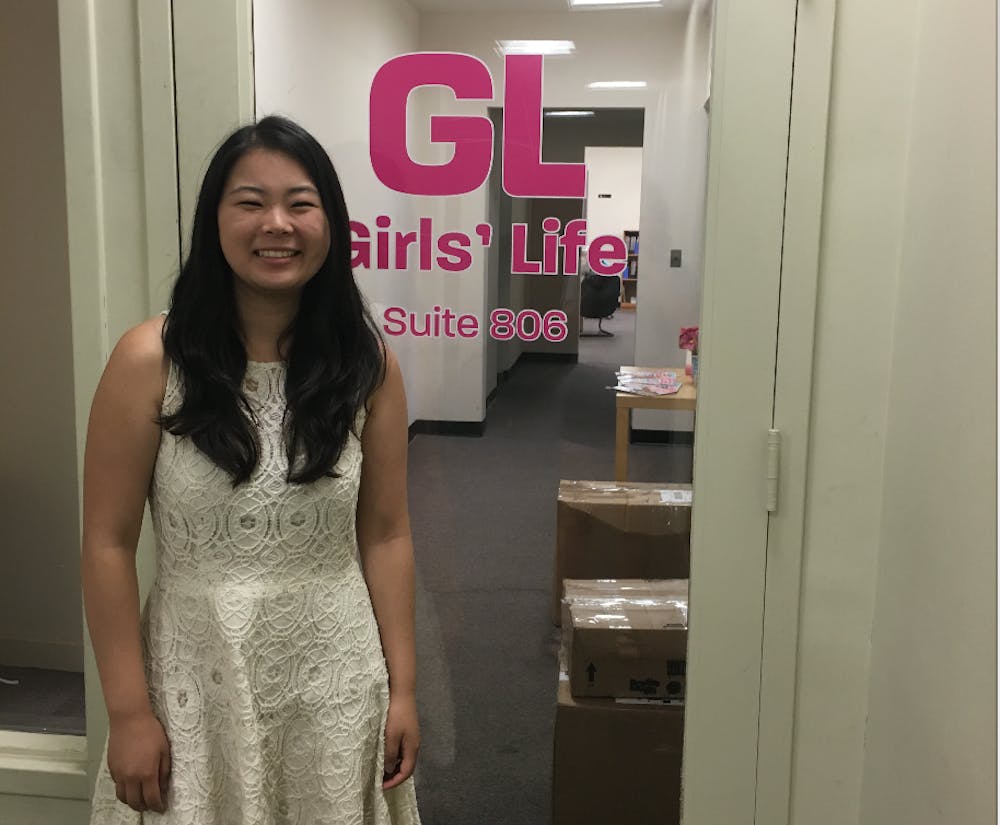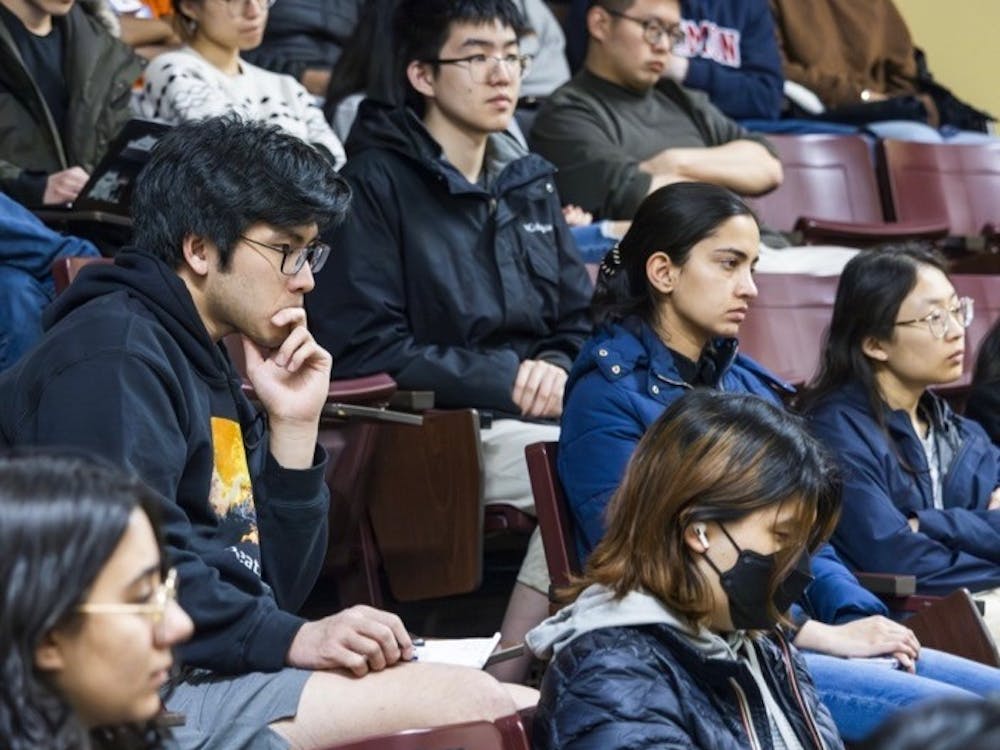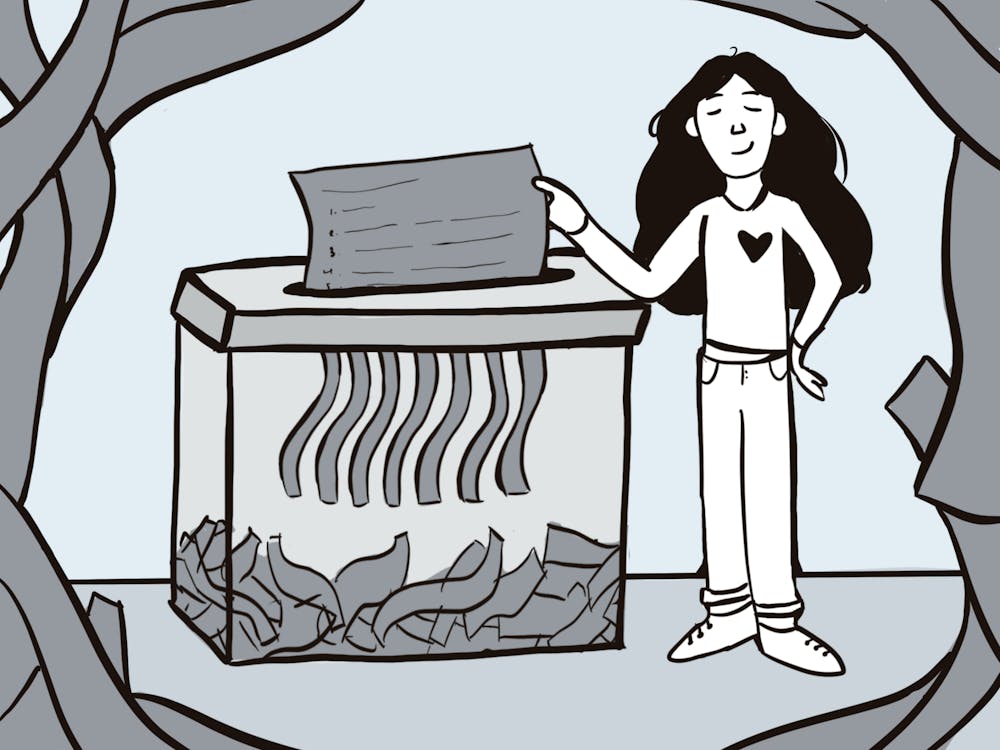Morgan: summer’s right around the corner; You know what that means?
Audrey: Barbecues, beach blankets and the Fourth of July?
M: All of the above! And also internships.
A: Wow, way to bring the excitement down a notch.
M: Internships aren’t that bad! They’re a rite of passage and actually can be quite fun. You had a good experience at PEN/Faulkner last summer, right?
A: Of course! It was great working with literary-minded people and spending some time in D.C. over the summer (oppressive heat notwithstanding). And you enjoyed working at Girls’ Life too, didn’t you?
M: Yeah, it was a really cool experience to write for a publication that I grew up reading. Last summer was my first time living by myself and having a regular work schedule. To be honest, it was a little bit overwhelming at the beginning.
I was writing articles three days a week about things teen girls would find interesting: How to handle crushes, which fashion trends were in style, ways to deal with frenemies. That sort of stuff. What kind of work did you do at PEN/Faulkner?
A: Whatever was needed, essentially. The PEN/Faulkner Foundation is a D.C.-based literary nonprofit which runs a nationwide fiction prize, a yearly reading series at the Folger Shakespeare Library and a Writers in Schools program in the Washington area.
The summer is kind of a planning and preparation time for us, since the fiction prize submission period opens in July and the reading series starts in the fall, so I pitched in wherever help was needed on a given week: reaching out to underwriters for the reading series programs, packing up prize submissions to send to the judges or doing the odd research project into PEN/Faulkner’s own history.
So it was pretty different from your experience at Girls’ Life, but it was immensely refreshing, after years of customer service experience, to come into an office full of people who shared my love of reading and to work on projects that would help bring more literature into the community. In truth though, an internship begins long before the first day in the office: What were some things that you did to prepare for your internship?
M: Before I started working, I researched my audience — tween and teen girls — thoroughly. Reading back issues of Girls’ Life, as well as other similar publications like Seventeen and Teen Vogue, was very helpful. My goal was to get into the mindset of a middle or high school student (even though that wasn’t that long ago for me). I also kept up with current events, even though I personally wasn’t writing about them, so that my articles were timely and relevant.
I even started listening to bubblegum pop and watching ABC Family shows like Pretty Little Liars so I would know what was popular.
A: That’s real dedication. I feel like it’s also a good idea to spend some time on your organization’s websites and social media platforms to get a good idea of their tone before you get started. There are so many different ways to make the most of your time by going above and beyond the baseline requirements of your internship, both beforehand and once you’re actually in the midst of it.
It doesn’t have to be anything grandiose, but if a phone is ringing, pick it up; If you have creative ideas about how to organize new information, go ahead and try them out; If you know someone who might be able to help with an upcoming event, let your boss know.
M: I agree — it’s all about being proactive. Both you and I had internships in humanities fields and those don’t necessarily progress directly into paid positions as often as STEM internships do. But they can still act as stepping stones for future opportunities and help people learn and grow.
Whether it is a supervisor serving as a reference or a colleague fostering connections within the industry, you don’t know how the experiences you gain at an internship will benefit you later in life.
A: Plus, they give you a taste of what it might actually be like to work in a given field after graduation: You might not like something as much as you expected, or you might fall in love with something you thought would be a drag. Basically, what we’re saying is, “summer’s right around the corner,” so let’s make the most of it.
M: Hear, hear! Summer serves as a prime opportunity to relax and rejuvenate, but it’s also a great time to learn outside of the classroom, gain some work experience and push yourself to try new things.
























Please note All comments are eligible for publication in The News-Letter.